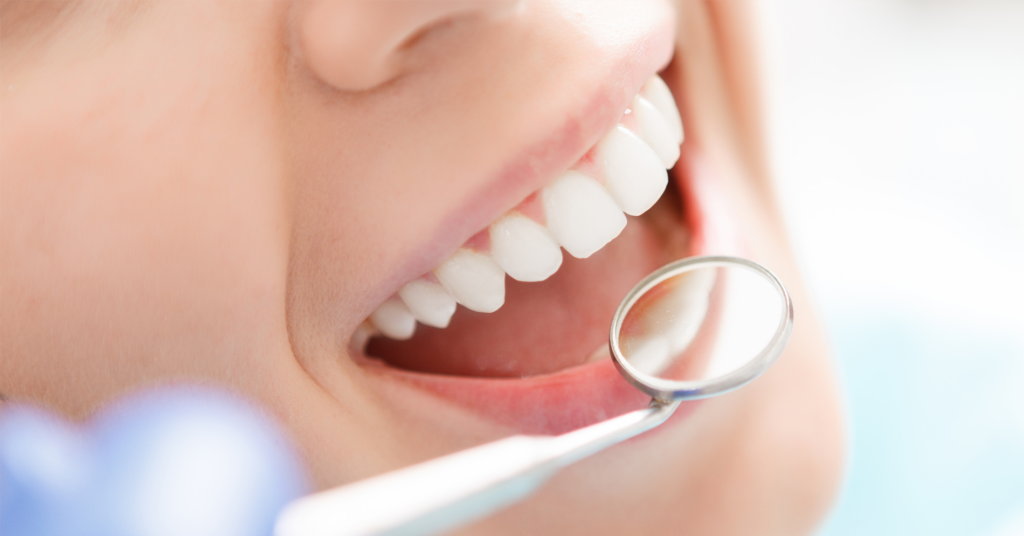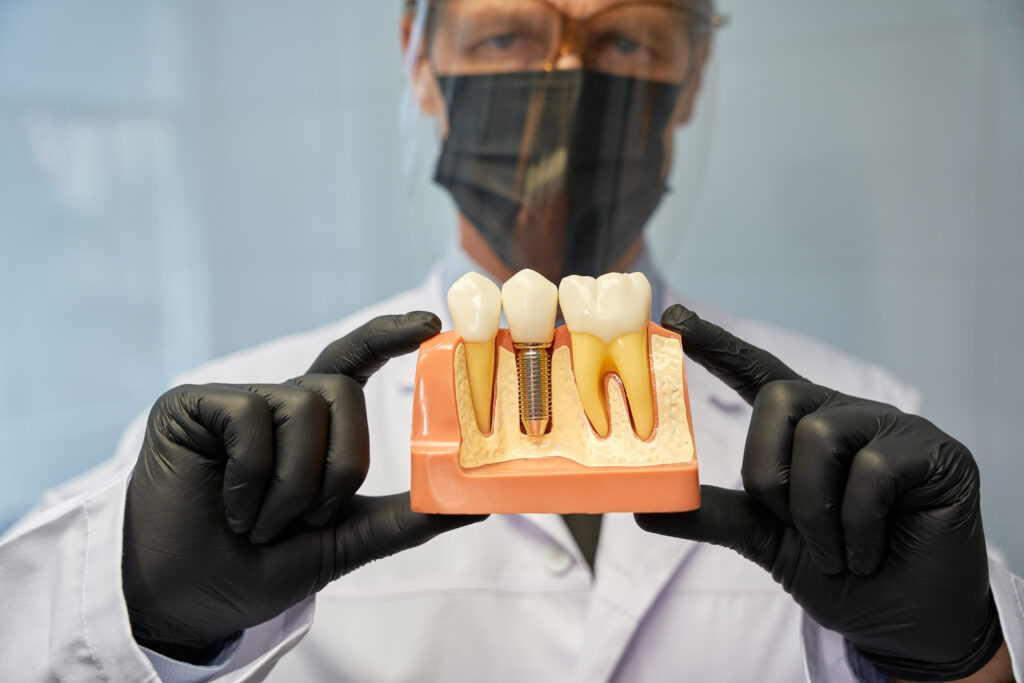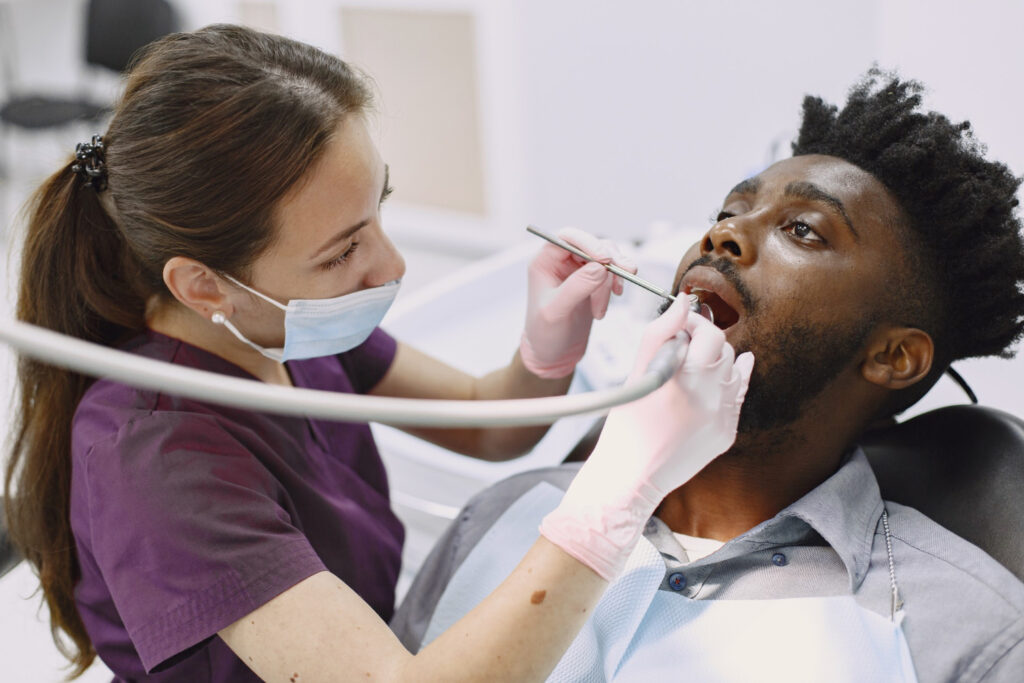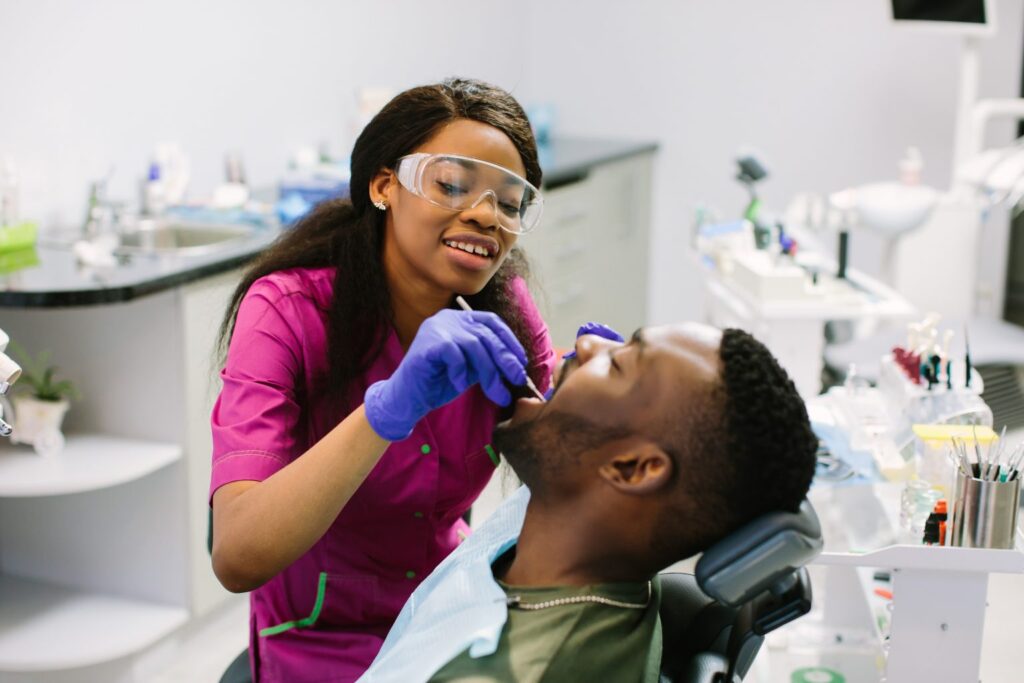
Tons of people experience anxiety when it comes to dental appointments. That’s totally fair — after all, you are trusting someone else to expertly wield various tools in and around one of your body’s most sensitive areas.
Nitrous Oxide (N2O), also called laughing gas, is often effective in many of these situations.
In this post, we’ll look further at nitrous oxide and how it works.
What is Nitrous Oxide?
Nitrous oxide — commonly known as laughing gas — is a colorless and odorless gas. It is used as a mild sedative for a variety of dental procedures.
Dental professionals often employ this substance during dental procedures in which the patient may ordinarily experience pain, discomfort, or anxiety regarding the procedure.
How Nitrous Oxide Affects the Body
Contrary to its nickname, laughing gas doesn’t inherently make you laugh. Instead, it relaxed your nervous system to help reduce that anxiety that often comes with dental work. The “laughing” part comes in because the gas can create a feeling of euphoria and relaxation, leading you to experience more joyful emotions.
Since this substance relaxed your nervous system, your limbs may also grow to feel heavier. You might also feel slightly light-headed after a few minutes of inhaling the gas.
How Nitrous Oxide is Used
If undergoing a procedure where laughing gas will be used, the dentist will secure a small mask over your nose. This mask is connected to a device that mixes the right amount of laughing gas and oxygen to help sedate you without exceedingly healthy levels of laughing gas.
Once the mask is over your nose, the dentist will have you breathe normally.
The dentist gives the laughing gas a few minutes to take effect before beginning any procedure, as it does not take effect right away.
Procedures Where Nitrous Oxide May Be Used
In general, laughing gas is used in the following situations:
- Calming anxious or uncooperative patients
- Helping to reduce a sensitive gag reflex
- Drawing the patient’s focus away from areas of discomfort during certain procedures
- Patients with special healthcare needs
- Patients who don’t respond to local anesthesia
- Younger patients undergoing longer procedures
In general, the American Association of Pediatric Dentistry considers laughing gas safe for children undergoing procedures.
As for actual procedures, common procedures the gas is used for include scaling and root planing, tooth removal, root canals:
- Scaling/root planing
- Tooth extraction
- Root canals
- Fillings
- Crowns
Are you looking for the best dentists in Philadelphia? Look no further than Absolute Smile. Our professionals take great care to ensure your teeth and mouth are clean and healthy and to create a treatment plan for any issues you may come across. Contact us today to schedule your appointment — all new patients get a free consultation!







